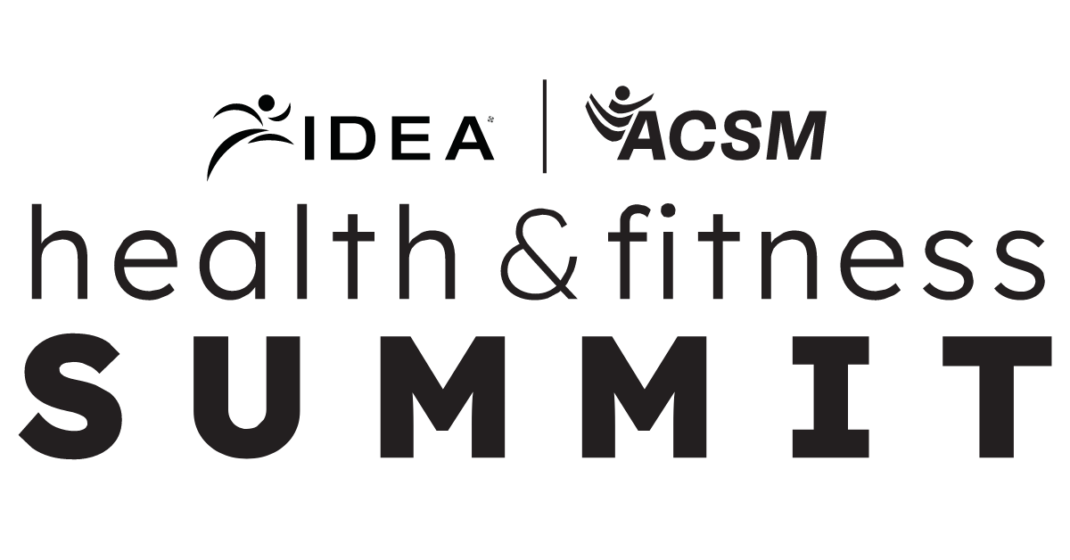Potassium From Food VS. Supplements
Randomized clinical trials have shown that increasing potassium intake can lower blood pressure. However, most of these trials involved the use of potassium chloride supplements, as opposed to the potassium citrate form found in fruits and vegetables. Researchers in England recently compared the effects of potassium chloride to those of potassium citrate and published the results online on the American Heart Association (AHA) website (www.hyper.ahajournals.org). The study was later published in the April 2005 issue of the AHA publication Hypertension.
Comparing the effects of potassium chloride versus potassium citrate on blood pressure readings in hypertensive subjects, the researchers found no difference. “Our results, in conjunction with the evidence from many previous trials that potassium chloride has a significant blood pressure–lowering effect, suggest that potassium citrate has a similar effect on blood pressure as potassium chloride,” the authors concluded. “These results support other evidence for an increase in potassium intake and indicate that potassium does not need to be given in the form of chloride to lower blood pressure. Increasing the consumption of foods high in potassium is likely to have the same effect on blood pressure as potassium chloride.”
Foods high in potassium include apricots, artichokes, asparagus, bananas, bran cereals, fish, meat, melons (honeydew and cantaloupe), nectarines, peaches, pears, plantains, poultry and whole grains.





